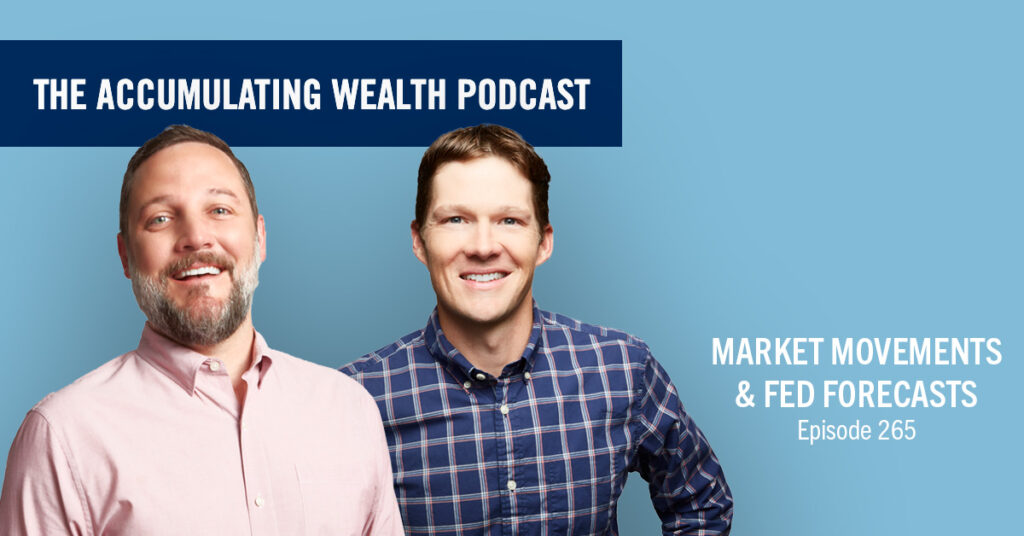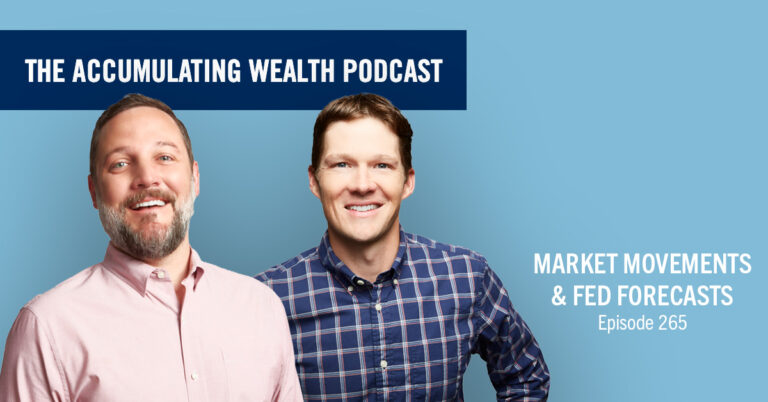Delegate your cash to different goals, interests and needs
Key takeaways
- Interest rates on high yield savings accounts are above 4%, which we haven’t seen
since the ‘90s, and makes them a great option for many cash needs. - Your short- and long-term cash needs should drive the location of your deposits.
- For business owners, an interest-bearing account is an ideal option for your emergency funds.
- Interest rates on high yield savings accounts are above 4%, which we haven’t seen
Traditionally, the term “cash” was used to mean real dollars physically in a person’s pocket or wallet—but nowadays, 41% of people don’t use physical cash for any of their transactions, preferring to do business virtually or with a card, according to a Pew Research Center Survey.
“Cash” has evolved into accessible money; this could be in the form of a bank account, money transfer apps on your phone, a check or a debit card.
Despite consumers only carrying $46 on average (if they are carrying any), the need for cash has stayed the same over time. Managing each need requires a thoughtful, unique strategy, says CPA and Wealth Advisor Caitlin Bryan.
“Once these channels are in place, you can easily streamline the management of your cash needs,” she said.
TYPES OF CASH MANAGEMENT TO CONSIDER
CASH FOR DAILY USE
Daily use cash needs to be easy to access; if it’s in an account with a bank, ATM access would be beneficial in addition to a debit card.
“I usually suggest using a local bank for day-to-day cash on hand,” she said. “If you are a small business owner, it is important to have a relationship with a banker you can meet with face to face.”
Properly managing these funds involves having reserves for your monthly lifestyle expenses. A general rule of thumb, Caitlin says, is to have enough money in your bank account to cover one month of all lifestyle expenses like credit card bills, mortgage, utilities, etc.
“Of course, it’s always a good idea to have some real cash in your pocket, just in case the tooth fairy needs to make a last-minute visit,” she said.
EMERGENCY FUND
An emergency fund is for just that—emergencies only. Defining “emergency” and sticking to that definition will help you successfully manage these funds.
It’s wise to have a minimum of 3 months of lifestyle expenses in this account. Because this money isn’t meant to be touched, it’s wise to have it sit in a separate account that earns a return.
“It’s usually best to house these funds in a high interest-bearing account. Typically, banks with a large online presence offer the highest rates,” Caitlin said. “However, before you pick a bank at random from the internet, it is wise to stick with companies whose names you recognize and have market history. Some banks offer higher yields on their money market accounts than their high-yield savings accounts, so it’s important to do your homework.”
Keeping your cash limited to the $250,000 FDIC-insured limit is important—in the case of bank runs, like we saw earlier this year with SVB. The rule is $250,000 per depositor, so if you have a joint account with a spouse, that’s two depositors and therefore your account is insured to $500,000.
“Some banks have promotional rates to entice you to save your money with them,” she said. “Don’t get caught in a market promotion where the initial rate drops after just a few months. Your emergency fund account will have longevity, so look for a bank that provides a steady market rate.”
Different banks offer a variety of options for their interest-bearing accounts. Below are a few items to review prior to opening your account:
- Is there a minimum account balance?
- Are there check writing privileges?
- Is there a limit on the number of transactions you can make each month?
If you are a business owner, you should consider opening an interest-bearing business account to hold cash reserves in excess of normal operations.
“Business owners usually carry cash in excess of their operating needs because they feel they may need it at any time in case of an emergency,” Caitlin said. “Consider opening an interest-bearing business account to hold these funds.”
High-yield savings accounts can also be used to “escrow” cash you anticipate needing for a vacation, property tax bill, or other large purchases on the horizon. This is not a lifestyle account or an emergency account, but instead money that’s designated for a purpose. For example, if your property taxes each year are $30,000, you can hold these funds in reserve in a high-yield savings account to earn interest and have easy access to the cash when you need it.
EXCESS CASH
Sold your business? Received a large inheritance? Everyone dreams of coming into a windfall of cash, but what do you do in the short term with these proceeds?
A smart solution is holding cash that will be invested in the long term in a cash-managed account. This type of account is available through an investment broker.
Investors with a very low risk tolerance may already be familiar with this type of account, Caitlin said. It’s for the preservation of capital with little growth. Historically, these investment accounts return slightly higher rates than interest-bearing savings accounts.
“It’s an option for two different types of investors,” she said. “It’s for the investor who is very conservative, who has a cash threshold over the FDIC insured limit, and for the investor that needs to park a large sum of cash for a short period of time.”
Your wealth advisor can help you strategically manage excess funds while keeping your short- and long-term goals in mind.
CASH IN INVESTMENT ACCOUNTS
The last cash management strategy is lesser known, yet affects every investor with a brokerage account. Investors may notice a line item labeled “cash” in their portfolio allocation.
“Money managers sometimes hold cash in their allocation, so they have dry powder to invest when an opportunity arises,” Caitlin said. “Although the percentage can fluctuate, it’s usually a small amount in the grand scheme of the overall portfolio strategy.”
Fees and management expenses are also paid from the cash allocation of your portfolio. Other cash investors receive may come in the form of dividends and interest earned on an investment account.
“Sometimes, like in the case of needing to take a required minimum distribution, it may not make sense to reinvest these earnings in your account,” Caitlin said. “It may be better to hold for annual distributions.”
Regardless of your use for cash, having a plan in place to ensure you’re getting the most bang for your buck will add value to your overall retirement plan. An investment advisor representative can help determine the best cash strategy for you, ensuring you always have cash available when you need it.
CWA can help you manage your money wisely and give you peace of mind that it is working to reach your goals.














